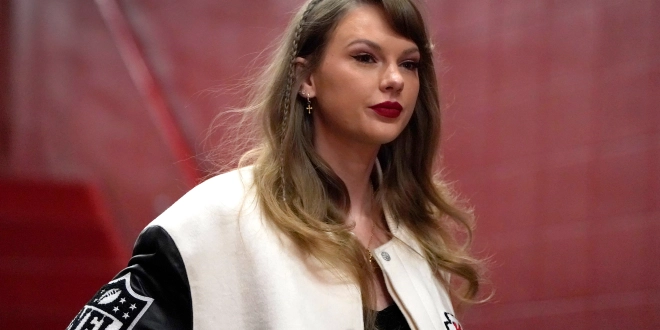The United States Congress is taking significant steps to address the issue of deepfake technology being used to create and distribute nonconsensual, sexualized images. This action follows the incident where singer Taylor Swift became a target of deepfake pornography, leading to her search results on X being filled with explicit fake nude images.
The proposed bill aims to provide legal recourse for victims featured in nude or sexually explicit digital fabrications. It would allow these individuals to seek civil penalties against those who produce, possess, or distribute such forgeries with the intent of sharing them, as well as anyone who knowingly receives the material without consent.
Key figures involved in the introduction of this bill include Dick Durbin, the US Senate Majority Whip, along with senators Lindsey Graham, Amy Klobuchar, and Josh Hawle. Officially titled the Disrupt Explicit Forged Images and Non-Consensual Edits Act of 2024, or the Defiance Act, the bill seeks to counteract the harm caused by these artificially generated images.
Dick Durbin highlighted the real harm caused by the distribution of sexually explicit ‘deepfakes,’ as demonstrated by the recent spread of fake images of Taylor Swift. Josh Hawle emphasized that no one, whether a celebrity or an ordinary citizen, should be subjected to being featured in AI-generated pornography. He stated that the bill would empower victims to defend their reputations and hold the perpetrators accountable.
The controversy surrounding Taylor Swift involved sexualized and exaggerated images of her at football games that went viral on X over the weekend. These images, viewed millions of times, were eventually removed by X, which issued an apology and re-enabled searches for Swift after taking them down due to the deepfake pornographic content.
Deepfakes, which are artificial intelligence-generated images or videos that depict real people, have become increasingly prevalent. This technology enables users to manipulate images by removing clothes or simulating sexually objectionable activity. AI can be used to swap faces or alter existing images of celebrities online, leading to widespread concerns about privacy and consent.


